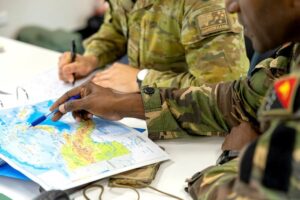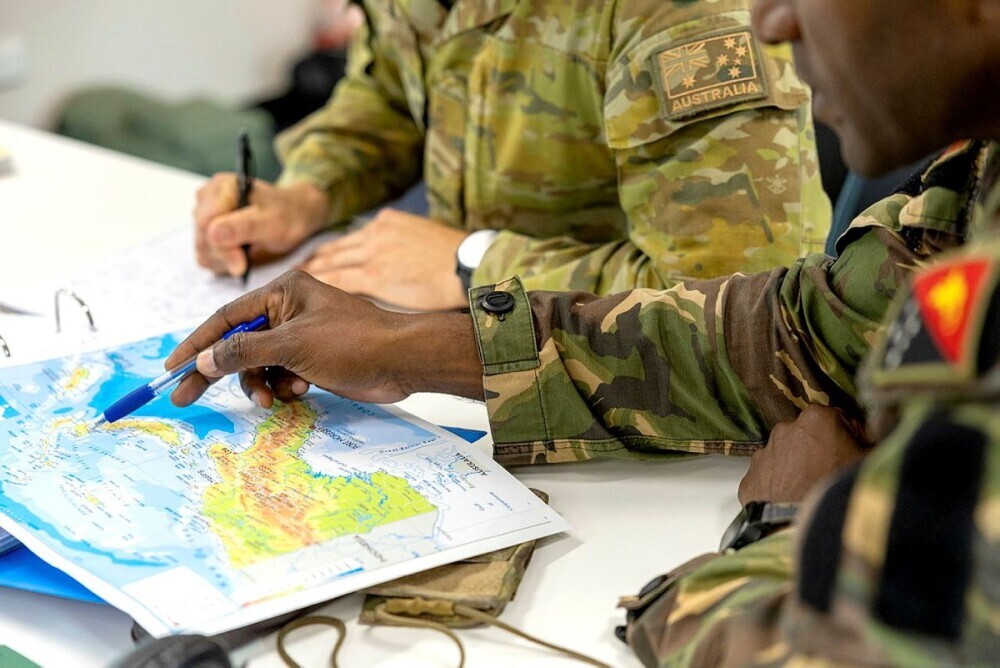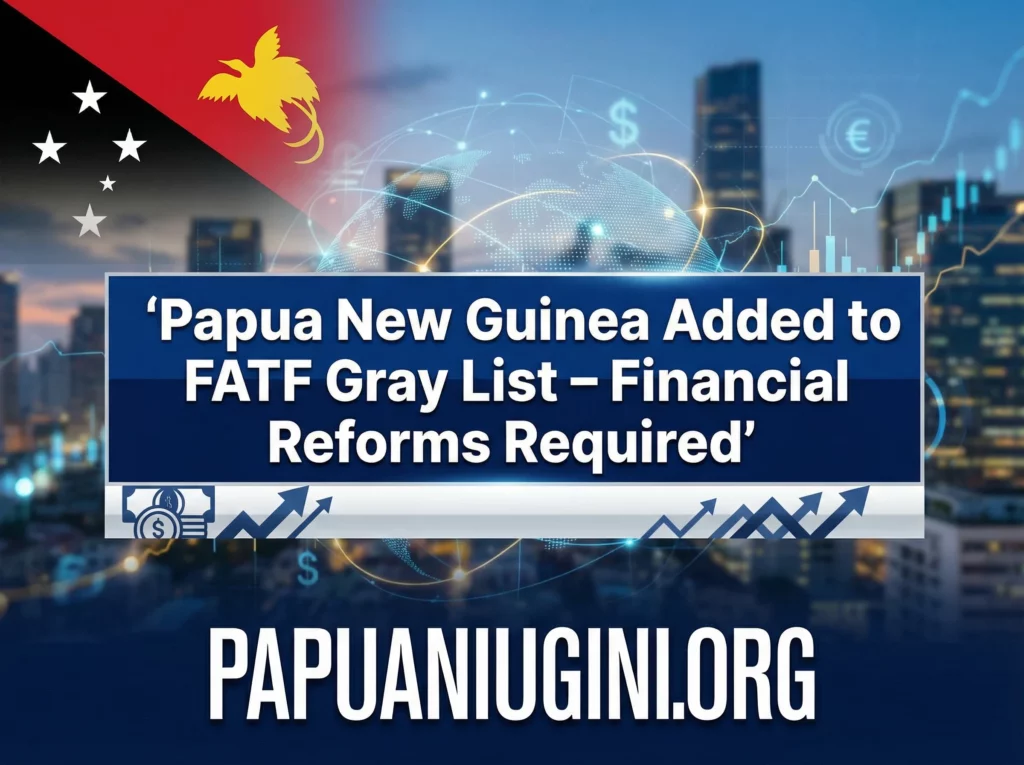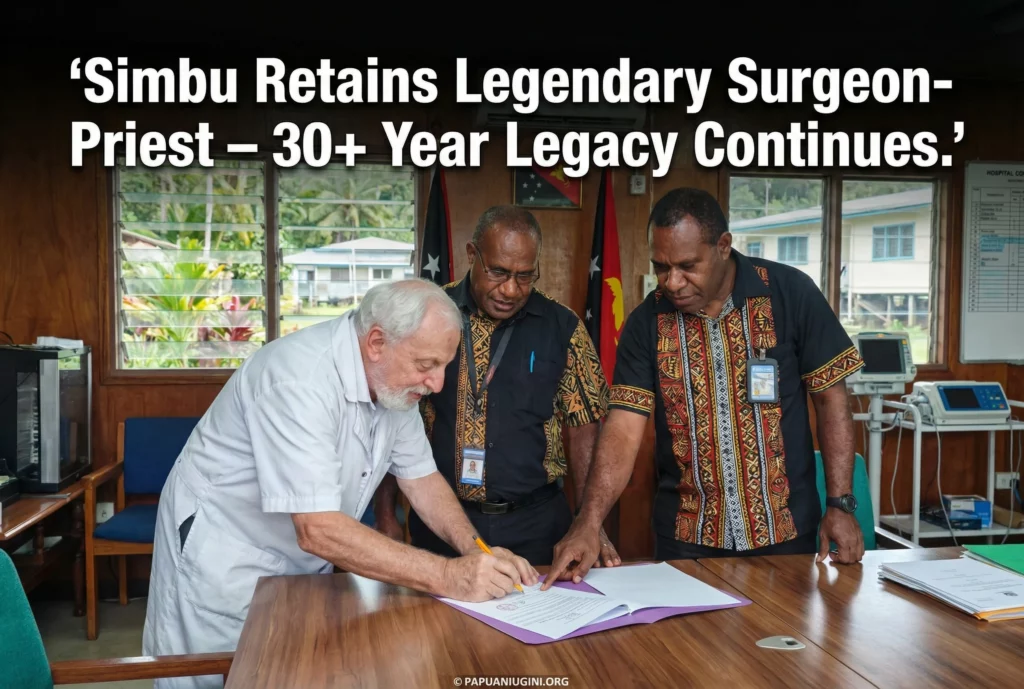PNG–Australia Defence Treaty: Critical Questions About Sovereignty, Security, and National Interest: Why the PNG–Australia Defence Treaty Sparks Important Questions on Sovereignty, National Security, and Future Direction
As Papua New Guinea approaches its 50th Independence Anniversary, a proposed Defence Treaty with Australia raises serious questions on sovereignty, threat perception, and national interest. Dr. Bal Kama highlights key points needing public debate before any decision is made.

PNG–AUSTRALIA DEFENCE TREATY: SOME QUESTIONS
by Dr Bal KamaDr Bal Kama
Managing Lawyer| Consultancy| Adj. Asst Professor| Author| Director KSF| PhD LawManaging Lawyer| Consultancy| Adj. Asst Professor| Author| Director KSF| PhD Law, LinkedIn.
The PNG Government is poised to announce what may be the most significant bilateral agreement in the country’s history — a Defence Treaty with Australia — possible today, the day before PNG’s 50th Independence Anniversary.
Little is discussed in PNG. No draft text or consultation has been made available for comment. With these in mind, I offer the following points for reflection:
1. Timing and Symbolism
Announcing a Defence Treaty on the eve of or around 50th Anniversary Independence Day carries significant symbolism. Independence is PNG’s occasion to reaffirm sovereignty and self-reliance from colonial power. To announce a Treaty that may impact on Sovereignty at this moment risks overshadowing the Independence celebration and may unintentionally signal ongoing dependence rather than independence. May not look well for PNG at this time.
2. Divergent Threat Assessments
Australia’s threat perceptions are shaped by ANZUS, Five Eyes, and NATO partnerships. PNG’s security needs are different, and more domestic facing. How will the Treaty reconcile while assuring PNG of its independence and mitigation from potentially adverse or retaliatory actions from other States?
3. End of “Friends to All, Enemies to None” mantra
With the Treaty, PNG foreign policy mantra of “Friends to All, Enemies to None” under the Non-Aligned Movement would cease. Bilateral trade, political, and cultural relations are standard diplomacy whereas Military treaties signal threat perceptions and alliances.
4. Loyalty of the PNG Defence Force
Currently, the PNGDF’s loyalty is wholly to PNG. If the Treaty leads to “total integration” with the Australian Defence Force, as the PNG Defence Minister Dr Billy M. Joseph suggested, is there a risk for PNGDF leadership and decision-making to be saturated in influence that it becomes a military outpost? What would that mean for sovereignty and how does the Treaty respond?
5. Why Treaty and not BSA?
Both Australia and PNG governments have not been clear on why the move from the current Bilateral Security Agreement (BSA) to Treaty. Treaty is the highest form of bilateral agreement with binding effect once legislated. Is there a threat level that necessitate this for PNG? Or is it the stability and certainty that the Treaty brings?
Conclusion
I have not commented on PNGDF members being recruited into the ADF and offered citizenship, etc as focus is on some larger potential implications.
Australia is, without question, PNG’s most critical partner and that must continue to be. The purpose here is not to diminish that relationship. Similar reflections will be offered if PNG decides to sign a security agreement with China or any other States as I have done before. Instead, the purpose here is to call for deeper, more informed dialogue about the proposed Treaty with a hope that appropriate frameworks are developed with considerations of all possible implications and contexts.
(Pic: Forge)




